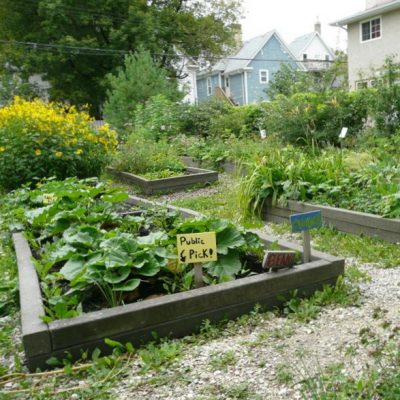It has become commonplace for congregations with land to host community gardens. Theological reflection that incorporates farming is also cropping up in a variety of settings.
Mennonite World Review carried an August 24 article about Dr. Nathan Stucky, a Mennonite from a Kansas farming background who now runs Princeton Theological Seminary’s “farminary.” Planners see the agricultural connections as an antidote to an industrial model of education.The article points out that “seminary” originally meant “seed bed.” Read more here.
Another resource for those who want to learn how farming might inform theological education is HOPE CSA in Manchester, Ind. Proprietor Jeff Hawkins is a farmer/pastor who leads monthly retreats for pastoral leaders on his farm. Participants reflect on the connections between sustainable farming and pastoring.
Meanwhile, in the West African country of Benin, the Benin Bible Institute is developing a farm along with its pastoral training for rather different reasons. Benin Bible Institute (a school with ties to Mennonite Mission Network) offers bivocational education because many of its students are headed for congregations that can’t afford to support a pastor. The institute equips its students to both feed their families and model effective agricultural methods that can improve the health of their villages.
